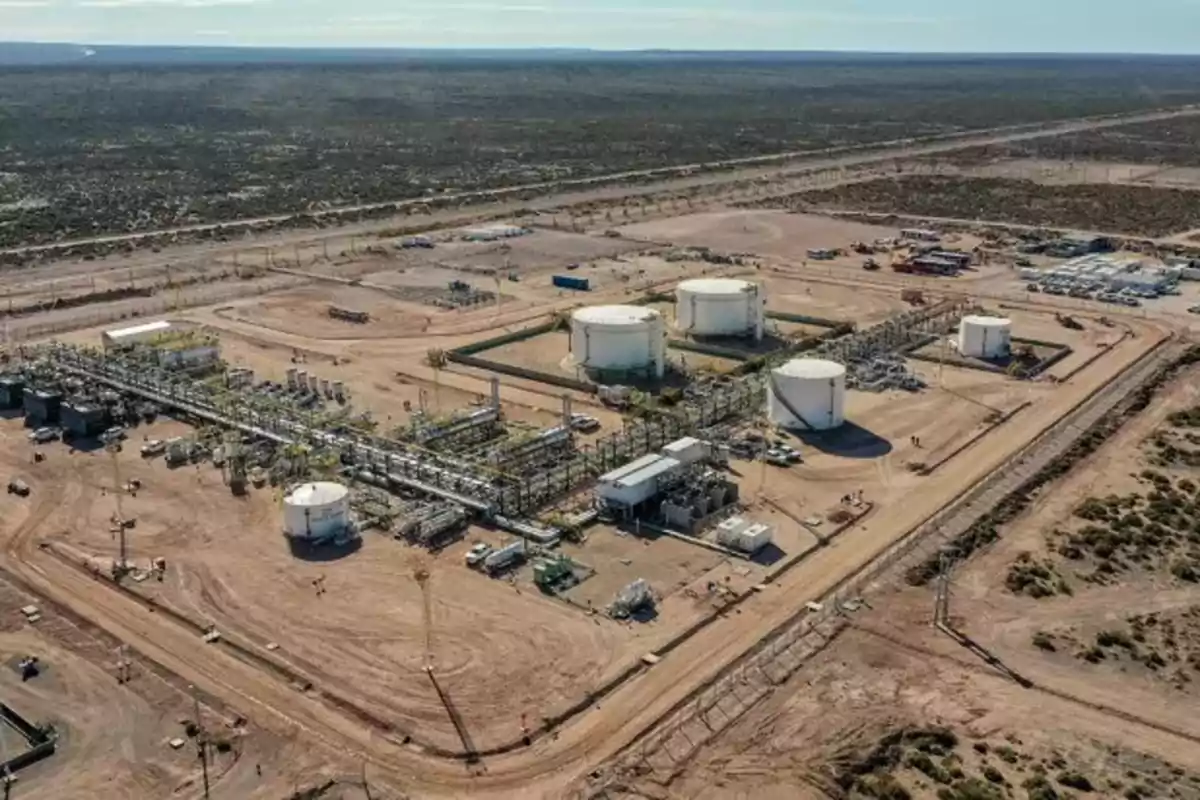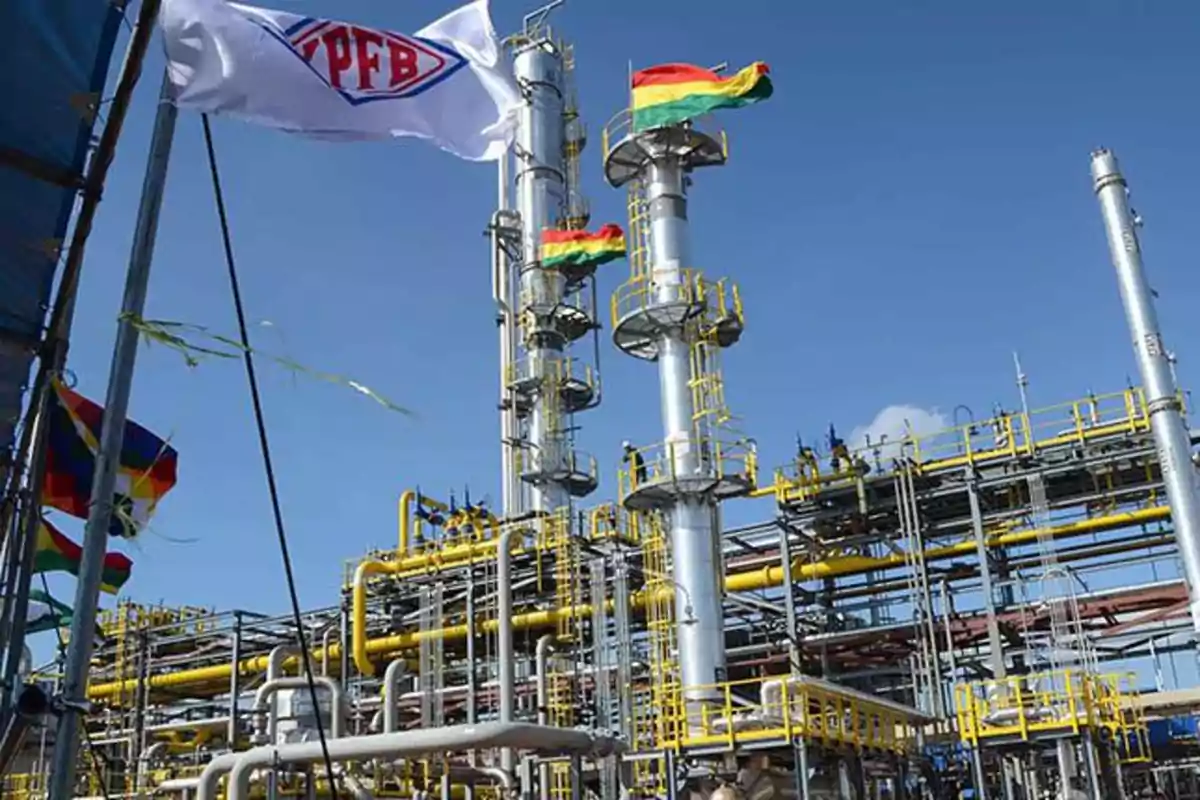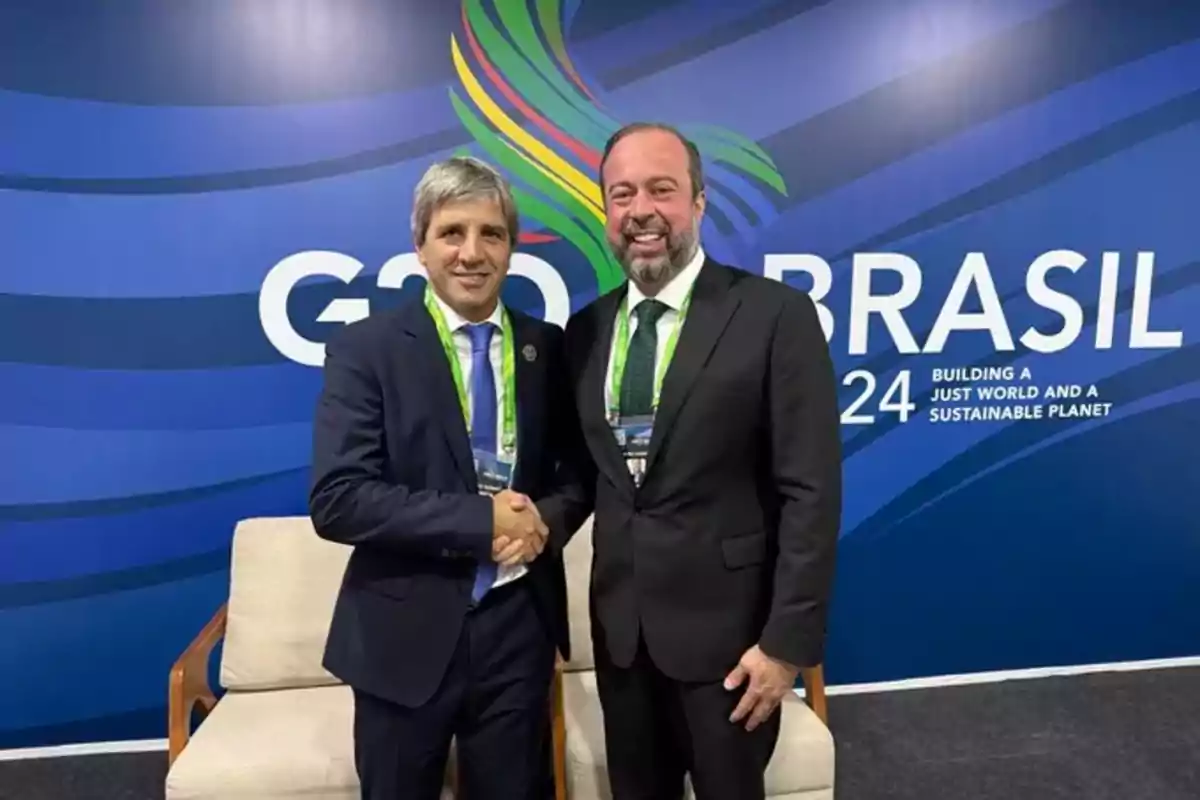
Through Bolivia, Argentina exported gas to Brazil for the first time in history.
The opening of the energy market will involve Bolivia as an intermediary and it won't receive state funding
For the first time in history, Argentinaexported natural gas to Brazil through Bolivia, consolidating a milestone in regional energy integration.
This operation, led by the local subsidiary of TotalEnergies and the marketer Matrix Energía, is realized within the framework of the effective economic maneuver promoted by the government of Javier Milei, who bets on the private sector to continue transforming the country into a net energy exporter.
The agreement, sealed at the end of 2024, includes Yacimientos Fiscales Bolivianos (YPFB) and represents the first step to consolidate integration between Vaca Muerta, the largest gas reserve in the region; Bolivia, with its extensive transportation infrastructure; and Brazil, the industrial giant of Mercosur.
This achievement is a direct result of the Memorandum of Understanding (MOU) signed between Milei and his Brazilian counterpart, Lula Da Silva, with the aim of defining supply routes from Argentina to Brazil.
Milei's strategy reverses a trend of almost two decades in which the country imported Bolivian gas for a cumulative amount of USD 18 billion. Now, thanks to the reversal of the Northern Gas Pipeline, the nation positions itself as an exporter.

The gas from the Neuquén Basin is transported through the main gas pipeline network to Campo Durán in Salta, from where it is dispatched via the Madrejones pipeline to Bolivia and subsequently to Brazil. TotalEnergies, the first private gas operator in Argentina, has export permits granted by the Energy Secretariat, allowing it to send fluid from both the Austral Basin and Vaca Muerta.
The binational working group evaluates five routes to consolidate gas trade: Bolivia, Paraguay, Uruguayana, Uruguay, and liquefied natural gas (LNG). The most viable alternative is the Brazil-Bolivia Gas Pipeline (Gasbol), whose transportation capacity of 30 million cubic meters per day is underutilized by 66% due to the Bolivian production crisis after years of disinvestment.

Unlike kirchnerist administrations, Milei's government has been clear about one thing: large energy infrastructure projects will not have state financing and will depend exclusively on private capital. In this line, the Incentive Regime for Large Investments (RIGI) offers tax and exchange benefits to projects over USD 200 million, attracting investors and boosting the sector.
The MOU foresees that in 2025 exports of 2 million cubic meters per day will begin, with progressive growth to 10 million in three years and a final target of 30 million in five years. This development not only represents a historic opportunity for Argentina to generate foreign exchange and reduce its trade deficit, but also allows Brazil to access competitive energy for its industry and fertilizer production.
More posts: